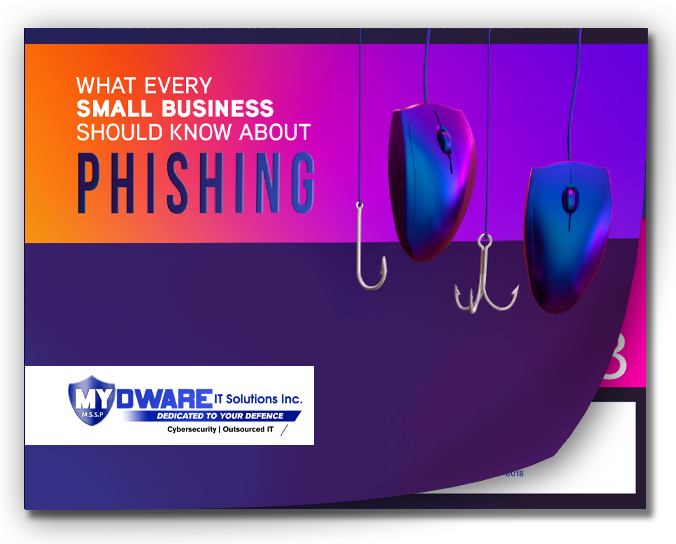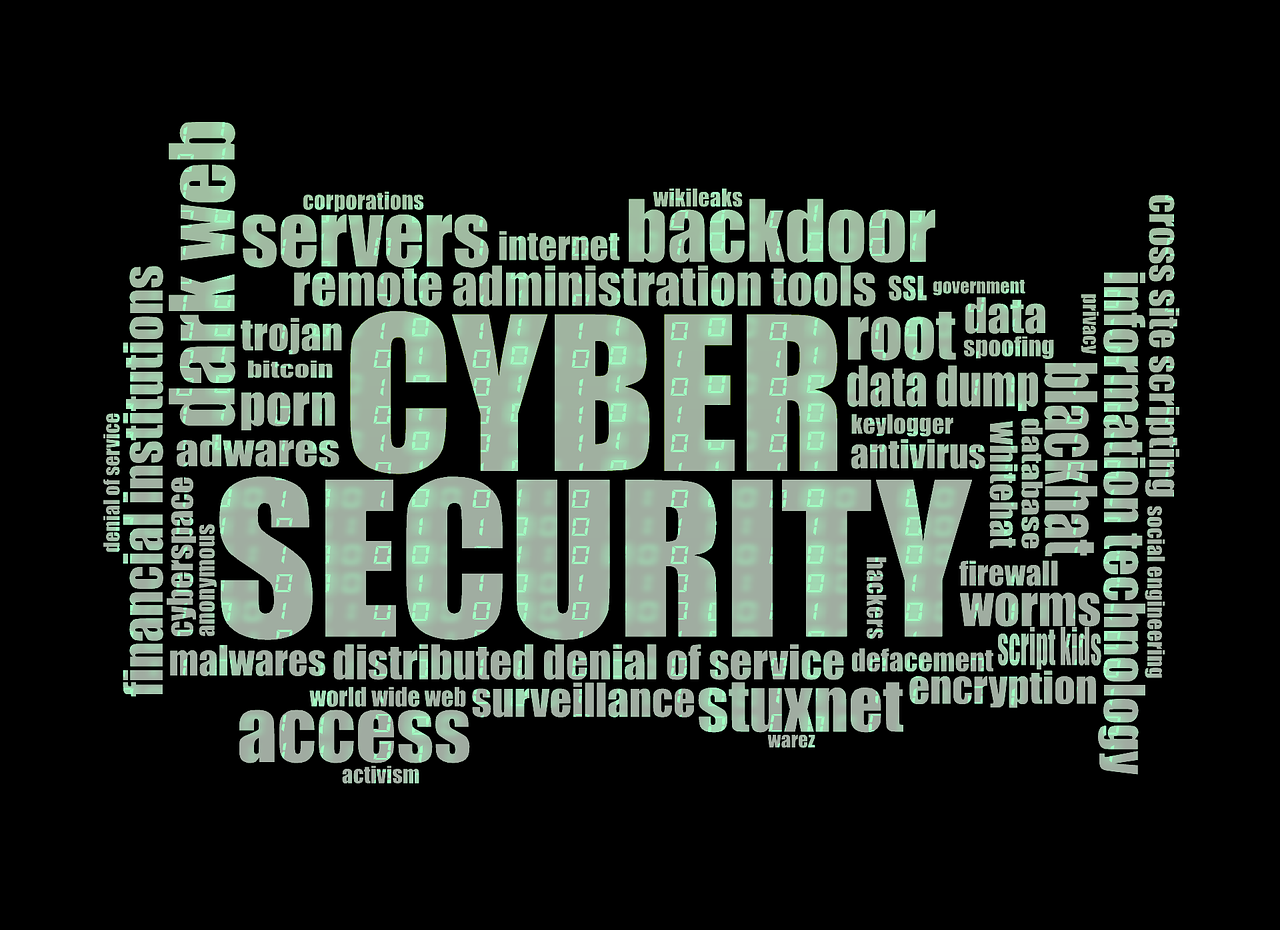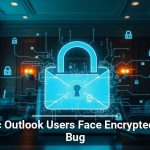 You don’t need to be a giant corporation to get hit with a major cyberattack. In fact, in 2025, small businesses are the most common targets—and it’s not just bad luck, it’s strategy.
You don’t need to be a giant corporation to get hit with a major cyberattack. In fact, in 2025, small businesses are the most common targets—and it’s not just bad luck, it’s strategy.
Cybercriminals go after the “easy wins.” That’s usually companies without dedicated IT staff, outdated security tools, or a clear cybersecurity plan. If you're unsure where your business stands, book your FREE cybersecurity risk assessment NOW!
Why Hackers Target Smaller Companies First
While big names might dominate headlines, smaller businesses bear the brunt of cyberattacks. Why? Because they’re easier to access—and more likely to pay up.
The average data breach cost in 2025 is a staggering $4.88 million, according to new global reports.
Before we dive into those protections, if you're relying on big-name corporate IT services, you may want to consider why local IT is often superior—especially for fast response and trust.
The Tool That Stops Threats Before They Cost You a Fortune
Modern threats need modern defences—and that’s where endpoint detection and response (EDR) comes in. Don’t worry about the acronym—just know what it does.
EDR is like having a digital security guard on every company device, watching for threats 24/7.
Traditional antivirus tools only catch what’s already known. EDR looks for anything unusual: suspicious logins, file changes, odd patterns—then shuts them down in real-time before they cause damage. It’s not about blocking bad files anymore. It’s about watching how your system behaves—and reacting fast when something’s off.
Why You Can’t Wait to Upgrade Your Security
Cyberattacks today are smarter, faster, and more targeted than ever. It’s not just viruses anymore.
1. They’re Logging In, Not Breaking In
Hackers use stolen credentials to log in like a regular employee.
Once they’re in, they move quietly—until it’s too late.
2. Malware Now Looks Like Business as Usual
It’s disguised as invoices, PDF files, or even client contracts.
One click can open the door to ransomware.
3. All It Takes Is One Mistake
A single click, approval, or weak password can bring your entire business to a halt.
EDR helps you catch those threats before they spread.
And if you're reviewing security providers, make sure you know the 10 things to look for in an IT partner that understands small business needs.
Your Insurance Might Not Help Without This Tool
Here’s what many small businesses don’t realize: Cyber insurance providers are starting to demand EDR as a basic requirement.
If you don’t have it and suffer a breach, your claim could be denied—just like trying to claim fire damage without smoke detectors. There are 3 strong reasons your competitors are training their teams—and they’re seeing fewer incidents.
EDR isn’t a “nice-to-have” anymore. It’s essential. And your competitors? They’re already investing in it—here’s why they’re training their teams, too.
Don’t Let a Data Breach Be the End of Your Business
If you're not sure what cybersecurity tools you have—or if they’re doing the job—it’s time to find out. A few simple upgrades can mean the difference between a scare and a shutdown.
Book your FREE cybersecurity risk assessment today and get clear answers on where you’re at—and how to protect what you’ve built.
Darryl Cresswell
CEO & President
MYDWARE IT Solutions Inc.




